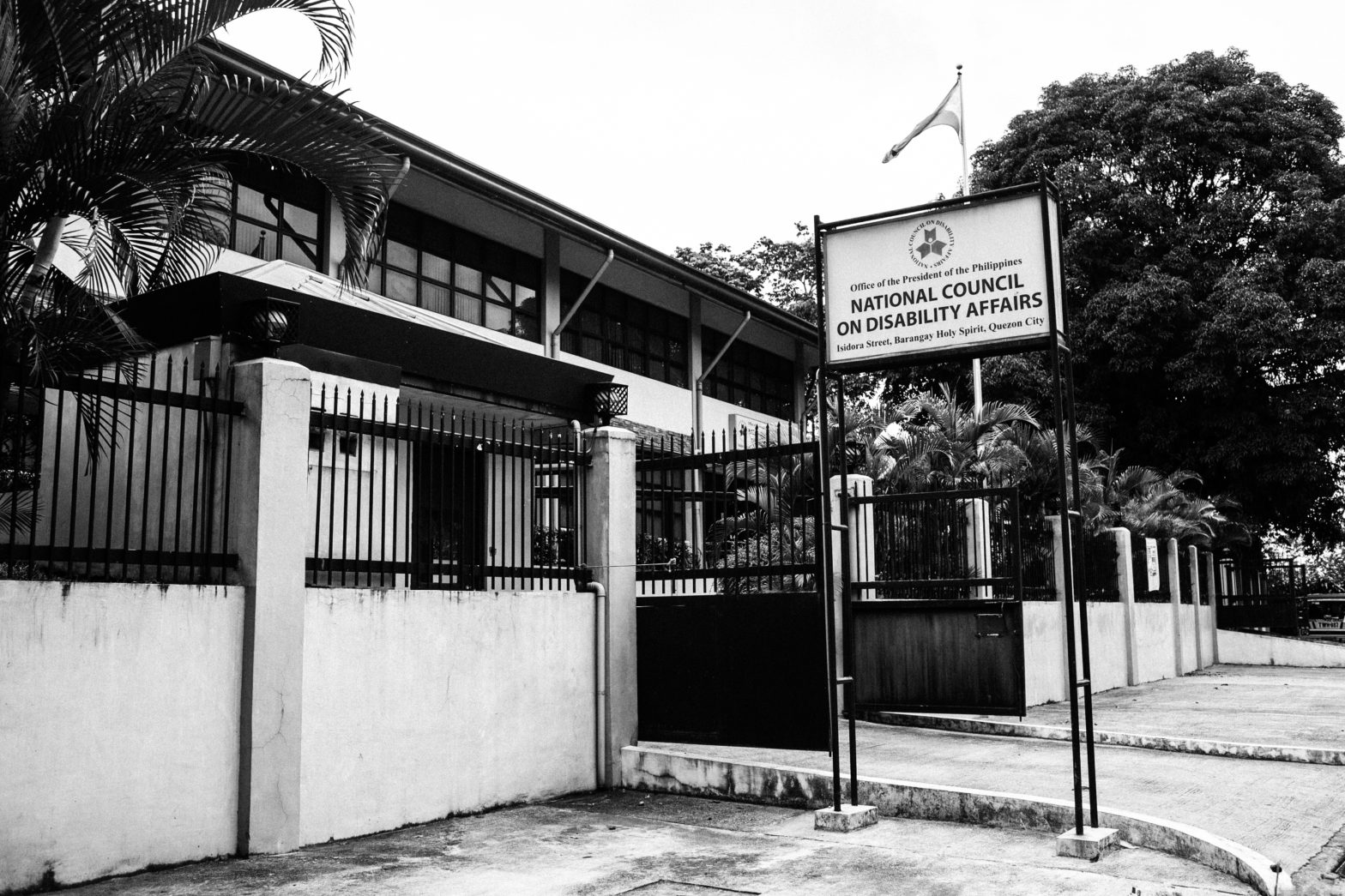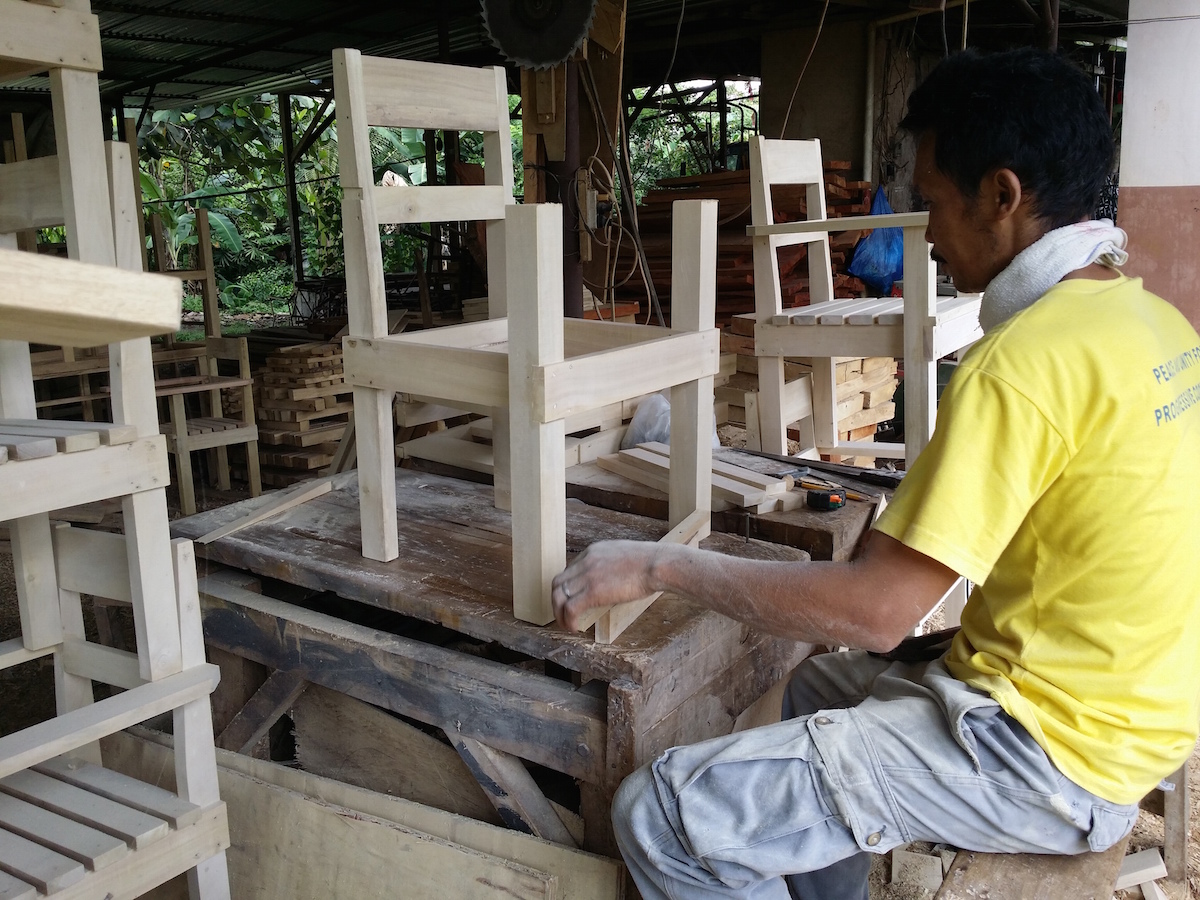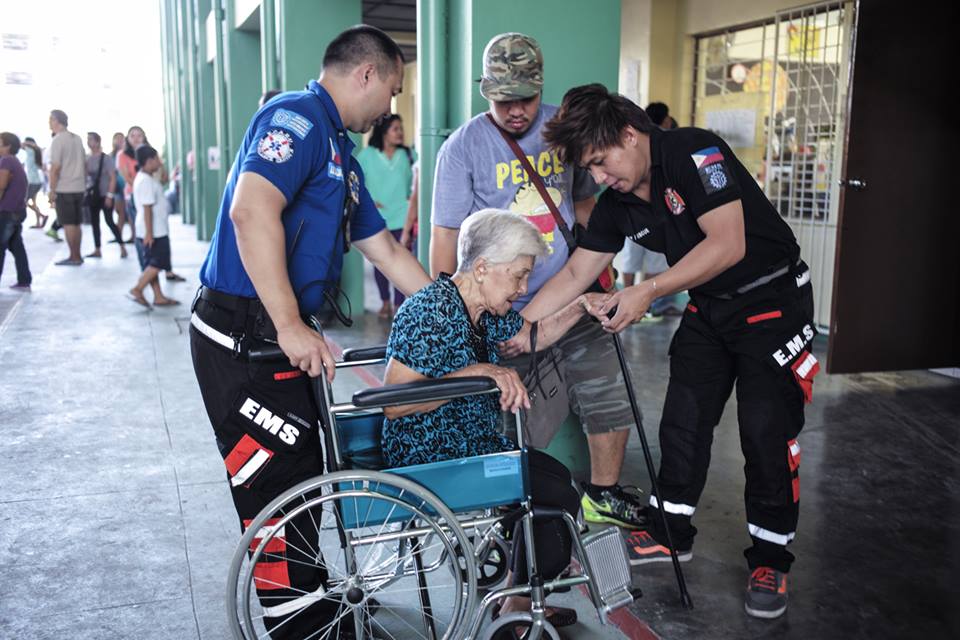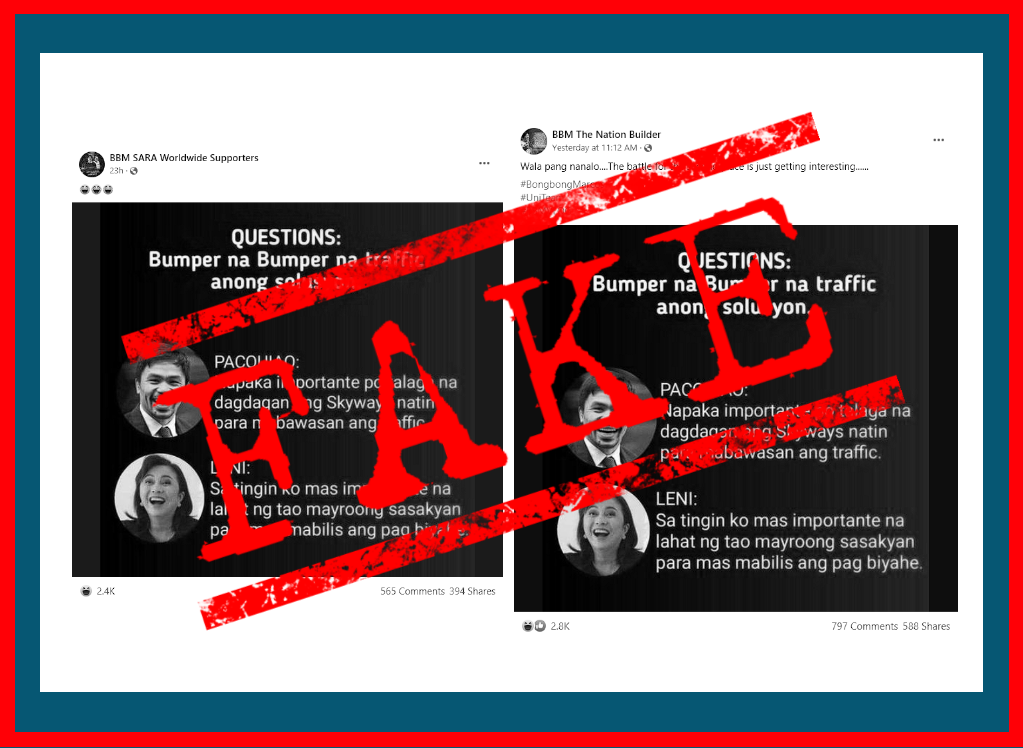By JAKE SORIANO
PWDs travel too.
The head of the National Council on Disability Affairs (NCDA) reminded the country’s transportation department this, as she called for a more accessible and inclusive public transport system for the sector.
“Kasi akala nila(They probably think) persons with disabilities are not traveling, or persons with disabilities are not going places,” a combative Carmen Zubiaga said at a forum last week.
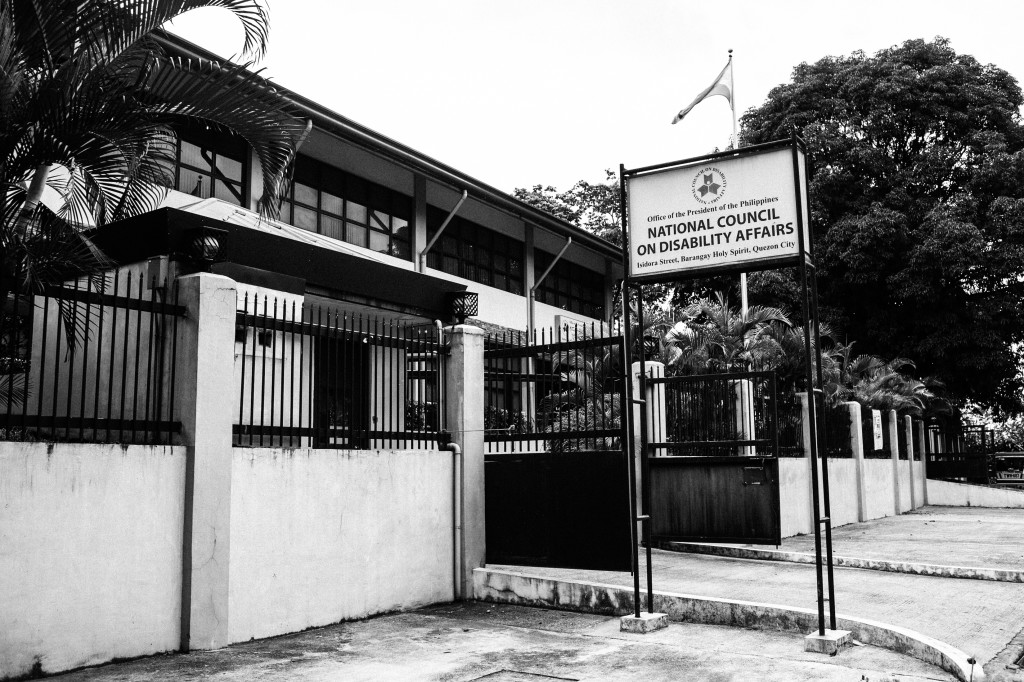
She also reminded the Department of Transportation and Communication (DOTC) of the Philippines’ commitment to the United Nations Convention on the Rights of Persons with Disabilities.
Since the country adopted the UN Convention, there has been considerable change in the recognition and inclusion of PWDs in society, noted Zubiaga.
“Many establishments (are now) complying with the accessibility law, except the transport sector,” declared the NCDA acting executive director.
“Hanggang ngayon, wala pa rin tayong (Until now, we still don’t have an) accessible transport for persons with disabilities. May MRT, sira naman yung elevator (There’s the metro rail transit system, but with non-working elevators).”
“The good news is gagawin na daw iyong comfort room. Hindi iyong elevator (It’s good that they’re fixing the lavatories. But not the elevators).”
Another advocate for the rights of persons with orthopedic disabilities also bemoaned the public transport situation in the country and its impact on daily wage earners.
“Magkano ang (How much is the) minimum wage?” asked Joy Cevallos-Garcia of the nonprofit Tahanang Walang Hagdanan.
“Magkano pamasahe mo? Kailangan naka-taxi ka, walang transport system ang Pilipinas (How much would you spend for transportation? Of course you would need to take a cab because there is no accessible public transport system in the country).”
Cevallos-Garcia said that a PWD riding a cab to work everyday from Cainta to Ortigas, for example, would be forking out an estimated P150 each way.
“Pag ma-traffic pa, mas lalo (And it gets more expensive when traffic is bad), she said at the same forum. “Magkano na lang ang natira sa ‘yo (So how much is left of your daily wage)?”
As signatory to the UN Convention, the Philippines has agreed to ensure the access of PWDs to public transportation, among others.
The country is also mandated to “develop, promulgate and monitor the implementation of minimum standards and guidelines for the accessibility of facilities and services.”
DOTC Secretary Joseph Emilio Abaya last November signed a department order that provides for the said minimum standards and guidelines to make public transportation accessible to PWDs.
Among the general requirements of that order for public transportation are designated seats for PWDs, clear and proper identification of designated seats and modification or renovation of existing public transport utilities if this is feasible.
The DOTC also ordered that no permit for the construction or renovation of public and private buildings and structures for public transportation will be granted unless barrier-free facilities and accessibility features are met.
The Land Transportation Franchising and Regulatory Board (LTFRB), an attached agency of the DOTC, earlier this year rolled out pink buses, jeepneys and cabs which would give priority to PWDs, as well as the elderly, women and children.
These pink vehicles, however, only ply certain routes on certain hours of the day.
Zubiaga said that the NCDA is still pressing the DOTC to have “a national plan of action on inclusive transport” through consultations.
The council has gathered 50,000 signatures in support of accessible and inclusive transport and presented this to the DOTC, she added.
“With the growing participation of persons with disabilities in society and the clamor for change, hopefully we can make things better, maybe in three to five years from now,” said Zubiaga.
The NCDA head also urged the sector to actively campaign for an accessible transport system.
“We have to show our force to the transport duty bearers so they (can) come up with prompt action regarding this issue.”
